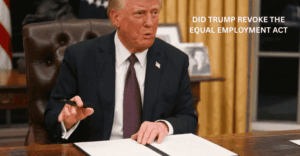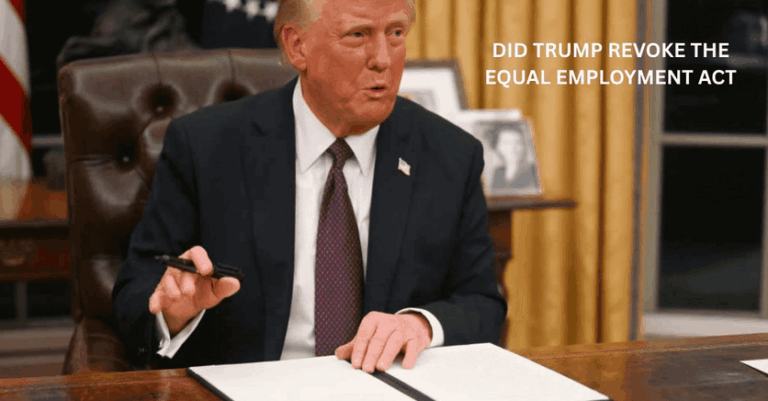Video games have evolved far beyond simple entertainment. Once seen as toys for children, they are now a powerful medium influencing global politics, social behavior, and cultural narratives. From story-driven titles that challenge societal norms to multiplayer experiences that mirror real-world dynamics, games have become mirrors reflecting the complexities of human society. Whether it’s debates about violence, gender roles, or freedom of expression, gaming now plays a significant role in the cultural and political landscape. As players, creators, and critics engage with these digital worlds, they also grapple with real-world implications. This article explores how politics and culture shape, and are shaped by, video games—and why understanding this intersection is essential for anyone invested in the future of interactive media.
2. The Evolution of Gaming as Cultural Expression
Gaming has come a long way from the pixelated screens of the 1980s. Today, it stands as a dynamic cultural force, blending art, music, storytelling, and interactivity in ways no other medium can. Titles like The Last of Us, BioShock, and Journey offer rich narratives that explore themes like survival, morality, and identity. These games engage players on emotional and intellectual levels, prompting reflection much like a great novel or film would. Indie developers, in particular, use the medium to express personal and political ideas—sometimes even touching on taboo or sensitive subjects. As a result, games have become a legitimate form of cultural expression, capable of sparking conversations about society, ethics, and our shared human experience. In many ways, video games are modern-day literature.
3. Politics in Game Design: Intentional or Inherent?
Many games carry political messages, whether intentionally or not. Developers make choices about characters, settings, conflicts, and outcomes—all of which reflect values and beliefs. For example, war games often reinforce certain geopolitical narratives, while post-apocalyptic titles can critique environmental neglect. Even game mechanics—like resource management or player choice—can be political. Take Papers, Please, a game that puts players in the shoes of a border agent. It forces them to confront moral dilemmas within a dystopian bureaucracy. Was it designed to provoke thought on immigration and surveillance? Absolutely. But even games not meant to be political, such as Call of Duty, are often interpreted through political lenses. This raises the question: Can a game ever be apolitical? Most scholars and critics would argue no.
4. Representation and Identity in Games
Representation has become a hot-button issue in gaming culture. For years, most protagonists were white, male, and heterosexual—reflecting the assumed “default” gamer. But as the gaming audience has diversified, so too have its characters. Games like Life is Strange, The Last of Us Part II, and Horizon Zero Dawn feature strong, nuanced protagonists who break away from stereotypes. This shift is not without backlash, but it marks a growing awareness of the importance of inclusivity. Representation matters—not just for those seeking to see themselves reflected in media, but also for fostering empathy among players. When players step into the shoes of someone different from themselves, it can lead to greater understanding and connection. Games, in this way, can be a bridge across cultures.
5. The Role of Gamers as a Cultural Force
Gamers are no longer just passive consumers; they’re creators, influencers, and political actors in their own right. Online communities rally around causes, critique developers, and even influence design decisions through feedback and reviews. The rise of platforms like Twitch and YouTube has given gamers unprecedented cultural visibility and power. Some streamers and content creators have more reach than traditional media outlets. With that power comes responsibility—and controversy. Gamergate, for instance, was a flashpoint that revealed deep divisions within gaming culture regarding gender, ethics, and journalistic integrity. Today, gamers continue to shape culture through activism, charity work, and even political mobilization. The gaming community is vast and varied, but its collective voice is one that industry leaders, politicians, and media cannot ignore.
6. Gaming and Global Politics
Video games often reflect the political climates in which they are created. Games developed in different parts of the world offer unique perspectives on war, governance, and social order. For example, Chinese games may undergo government censorship, while Western games often emphasize individual freedom. Some titles are even used as propaganda or educational tools by governments. In authoritarian regimes, games that critique leadership or promote rebellion may be banned. Conversely, in democratic societies, games can serve as platforms for protest or satire. International titles like This War of Mine or 1979 Revolution: Black Friday show how games can humanize political conflicts. As global political tensions rise, games become a battleground for ideas—sometimes subtly, sometimes overtly. In this way, they are both cultural exports and political statements.
7. The Economics of Game Development and Its Influence
Behind every game is a web of economic forces. Big studios (AAA developers) often avoid controversial topics to protect profits, while indie developers take creative risks. The pressure to monetize has led to industry-wide practices like loot boxes and pay-to-win mechanics, sparking regulatory debates in countries like the UK and Belgium. The financial success of politically charged games like Detroit: Become Human and Spec Ops: The Line proves there’s an appetite for thoughtful content—but only when balanced with market appeal. Crowdfunding platforms like Kickstarter have given rise to more diverse voices, but they also create new expectations. Developers must now navigate not just creative vision, but audience demand and political backlash. As such, economic decisions often shape what political content does—or does not—make it into a game.
clusive, thoughtful, and forward-looking.










8. Censorship, Ratings, and Government Regulation
Censorship in video games remains a contentious issue. Content that challenges political authority or touches on taboo topics may be altered or banned entirely. The ESRB (Entertainment Software Rating Board) and PEGI help regulate age-appropriate content, but government involvement varies worldwide. In some countries, games are considered cultural products and must adhere to strict guidelines. For example, Germany previously banned Nazi imagery in games; China prohibits content that threatens “social harmony.” This impacts how developers design and localize games. While censorship can protect against harmful content, it can also stifle artistic freedom. The challenge lies in balancing creative expression with cultural sensitivity and legal compliance. The debate over who decides what’s “appropriate” continues, and it reflects broader conversations about freedom of speech in the digital age.
9. Virtual Worlds as Political Experiments
Massively multiplayer games (MMOs) and sandbox worlds like Minecraft, Second Life, or EVE Online often become sites for political experimentation. Players build communities, enforce rules, elect leaders, and manage economies—all within virtual environments. These digital societies can reflect real-world ideologies or offer new alternatives. For example, EVE Online is famous for its player-driven politics and massive, real-money battles. These virtual dynamics are sometimes studied by sociologists and political scientists to understand human behavior. Virtual spaces also become arenas for protest, with players staging in-game demonstrations against developers or real-world issues. As the line between virtual and physical reality continues to blur, these worlds may serve as testing grounds for alternative political systems, governance models, and social interaction norms. It’s gamified democracy in action.
10. The Future of Politics and Culture in Gaming
The future of gaming promises even deeper intersections with politics and culture. As technology evolves—with VR, AR, AI, and blockchain—so too will the ways games engage us. More immersive storytelling, realistic environments, and interactive decision-making will bring political issues closer to home. Developers will face increasing pressure to address social justice, climate change, and equality—not just as themes, but as core gameplay mechanics. At the same time, debates about content moderation, freedom of expression, and player responsibility will intensify. Gaming will continue to grow as both a mirror of society and a mold for change. As players and creators, we must remain aware of the messages games convey—intentionally or not—and strive to build a gaming culture that is in









